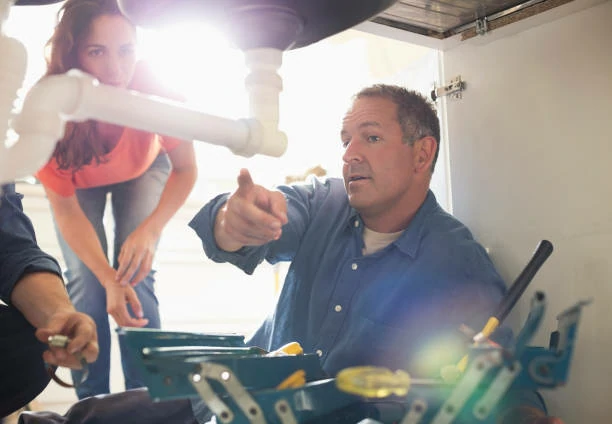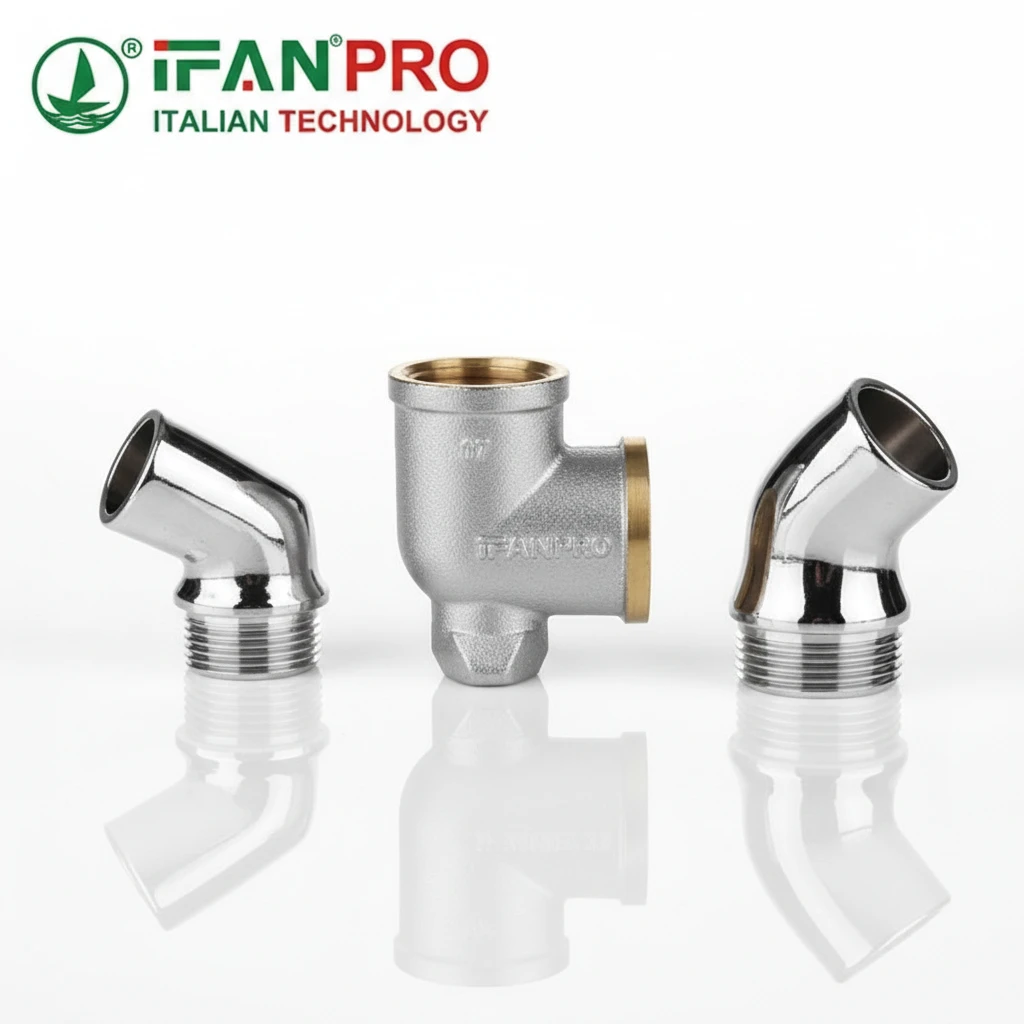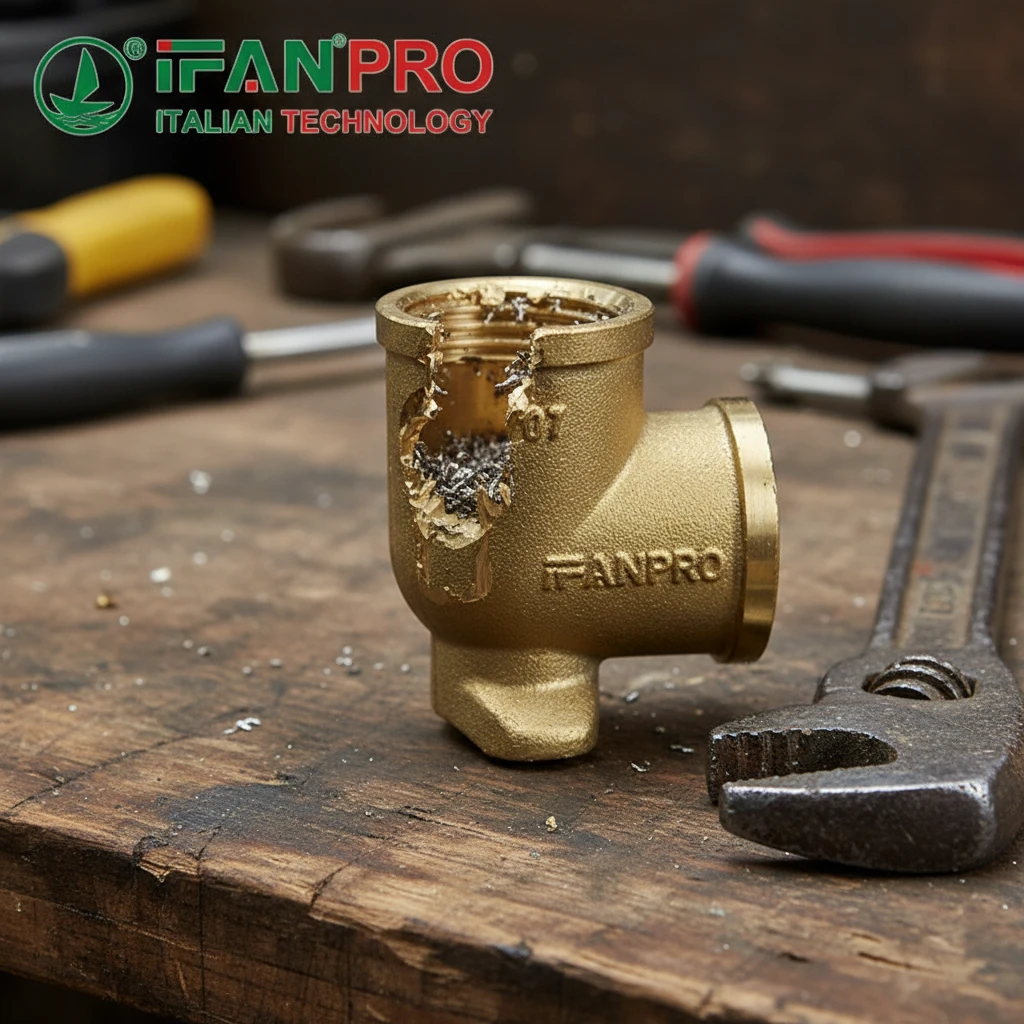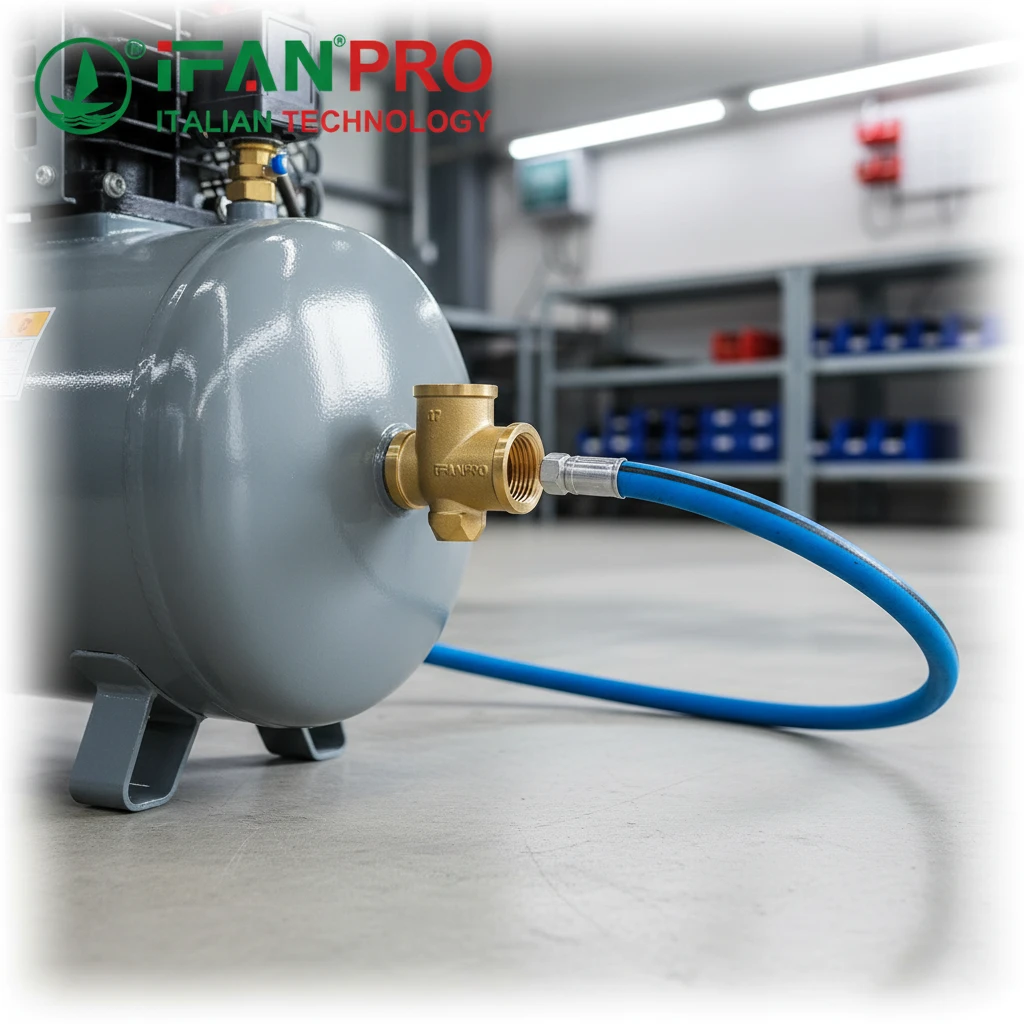The use of PVC plumbing has grown rapidly over the years due to its durability, affordability, and ease of installation. However, as building technologies evolve, PVC plumbing installation methods have also seen significant improvements. These advancements aim to enhance efficiency, reliability, and safety in both residential and commercial projects. In this article, we will explore the key improvements in PVC plumbing installation techniques, highlighting how they benefit modern plumbing systems.
Faster and More Efficient Joining Methods
Traditionally, PVC pipes are joined using solvent cement, which requires precise application and sufficient curing time to ensure a strong, leak-free connection. While this method remains popular, advancements in joining technology have led to faster and more efficient alternatives. Push-fit or “push-to-connect” fittings represent one such innovation. These fittings eliminate the need for solvents, glues, or complex tools. Installers simply push the pipe ends into the fitting, which locks them in place using a ring or O-ring mechanism. This method reduces installation time and minimizes the risk of human error, such as improper solvent application.
The use of mechanical press fittings has also gained traction in recent years. By employing specialized tools to press and seal connections, installers can create strong, durable joints without relying on drying or curing times. This advancement reduces downtime during installation, particularly in larger projects where hundreds of connections may be required.
Pre-Fabrication of Plumbing Assemblies
Pre-fabrication has become a key technique for improving the efficiency of PVC plumbing installations. By assembling large portions of the plumbing system off-site, contractors can reduce on-site labor, minimize waste, and ensure higher quality control. These pre-fabricated assemblies arrive at the construction site ready for installation, with each component accurately measured and cut according to design specifications.
For large commercial or industrial projects, pre-fabrication saves valuable time by allowing simultaneous work on other aspects of construction while the plumbing systems are assembled in a controlled environment. This technique also reduces the risk of installation errors, as specialized technicians pre-assemble and test the components before delivery.
Use of Specialized Tools for Precision Installation
Improved tools have revolutionized the way installers handle PVC plumbing systems. For instance, advanced pipe cutters offer precise, clean cuts, reducing burrs or imperfections that could affect the integrity of joints. Laser measuring devices help installers achieve perfect alignment of pipes and fittings, ensuring that the plumbing system functions efficiently and complies with building codes.
Hydraulic and electric pipe benders allow for more customized installations, reducing the need for excessive fittings or joints in tight spaces. These tools enable PVC pipes to bend and adapt to the structure of a building, maintaining water flow while simplifying the installation process. Reducing the number of joints also minimizes potential leak points, improving the overall reliability of the plumbing system.
Transition Fittings for Mixed Material Systems
Many modern buildings incorporate plumbing systems made from a variety of materials, such as copper, PEX, and steel, alongside PVC. To address compatibility concerns, manufacturers have introduced transition fittings specifically designed for mixed material systems. These fittings allow seamless integration between different pipe materials without compromising the system’s performance or safety.
For instance, PVC-to-copper or PVC-to-PEX transition fittings prevent issues such as galvanic corrosion and maintain the structural integrity of the plumbing system. These fittings enable faster and safer installations, as contractors no longer need to use complicated methods to join different materials. The availability of specialized transition fittings simplifies the installation process, reducing labor costs and ensuring long-term durability.
Improved Sealing Methods
Leak prevention remains a top priority in plumbing installations. In response to this need, PVC plumbing systems now benefit from improved sealing technologies. The introduction of O-rings, gaskets, and sealants specifically designed for PVC joints provides more reliable protection against leaks, even in high-pressure systems.
Compression gaskets have become a popular alternative to traditional solvent welding for certain applications. These gaskets create a watertight seal around the pipe joint without the use of adhesive, making it easier to replace or repair sections of the plumbing system without disrupting the entire installation. For underground or concealed plumbing systems, these advancements offer additional peace of mind by reducing the risk of undetected leaks.
Integration of Smart Plumbing Technology
Smart home technology has extended to plumbing systems, and PVC plumbing installations now often integrate sensors and monitors to detect leaks, pressure changes, and flow irregularities. These devices allow property owners and facility managers to monitor their plumbing systems in real time, ensuring rapid response to any issues before they become major problems.
Installation techniques have adapted to accommodate these technologies. Installers now incorporate sensors into the plumbing design, connecting them to control systems or mobile apps. Smart valves and automated shut-off mechanisms add another layer of protection, ensuring that water flow stops immediately when irregularities are detected. These systems enhance the overall efficiency and safety of PVC plumbing installations, reducing the likelihood of water damage and costly repairs.
Safer Installation Practices
Safety remains a key concern in any construction project, and PVC plumbing installation has seen improvements in this area as well. Innovations in lightweight PVC pipe designs have made handling and installation safer for workers. Many modern PVC pipes feature enhanced flexibility, which reduces the risk of injury during transport and installation, especially in confined spaces.
Improved pipe insulation materials also contribute to safer installations by protecting workers from extreme temperatures when handling hot or cold water lines. These advancements ensure a safer working environment and contribute to the long-term durability of the plumbing system, as pipes experience less stress during installation.
Eco-Friendly and Sustainable Installation Practices
Sustainability has become a focus in modern construction, and PVC plumbing installation methods have evolved to support this trend. Many manufacturers now offer eco-friendly PVC pipes made from recycled materials. In addition, the use of solvent-free joining methods, such as push-fit fittings, reduces the release of harmful chemicals during installation. Contractors also focus on minimizing material waste by using precisely cut pipes and fittings, contributing to more sustainable practices in the plumbing industry.
Furthermore, advancements in water-saving technologies, such as low-flow fixtures and smart water management systems, integrate seamlessly with PVC plumbing installations. These systems reduce water consumption and contribute to the overall efficiency of the plumbing system, benefiting both the environment and the property owner’s utility bills.
Top PVC Plumbing Manufacturers
| Company Name | Location | Years Of Experience | Certificates |
| IFAN | Zhuji, China | 1993 | ISO certification |
| ASC Engineered Solutions | USA | 2019 | ISO certification |
| Patel Precision Works | India | over 21 years | ISO certification |
| RED-WHITE VALVE CORP | USA | 1971 | ISO certification |
| SVF Flow Controls | USA | 1988 | ISO certification |
IFAN international standard for PVC Plumbing
IFAN adheres to a wide range of international standards for its products, ensuring high quality and performance. These standards include BS 3505 and BS 4346 from the British Standards Institution; ASTM D1785 SCH40 and SCH80, ASTM D2665, ASTM D2241, ASTM D2729, and ASTM F441/F441M from the American Society for Testing and Materials (ASTM); DIN 8061/8062 from Germany; GB and GB/T 10002 series standards from China; ISO 1452 and EN ISO 1452 from the International Organization for Standardization (ISO); AS/NZS 1477 from Australia and New Zealand; JIS K6741 from Japan; CSA B137.3 from Canada; NSF/ANSI 14 from the United States; and TIS 17-2532/1131-2535 from Thailand. These certifications highlight IFAN’s commitment to meeting global safety and quality requirements across various industries.
Conclusion
The ongoing advancements in PVC plumbing installation techniques demonstrate the industry’s commitment to improving efficiency, safety, and sustainability. Faster joining methods, pre-fabrication, improved tools, and specialized transition fittings have transformed the way contractors approach PVC plumbing projects. By embracing smart technology and eco-friendly practices, the plumbing industry ensures that modern buildings benefit from reliable, durable, and environmentally responsible plumbing systems. These innovations will continue to drive the future of PVC plumbing installations, meeting the demands of increasingly complex construction projects.
Connect
IFAN is a Chinese manufacturer of plastic pipes, fittings and valves with 30 years of experience. If you are interest in IFAN copper fittings, copper valves, plastic pipes and fittings, please contact us. IFAN offers you a variety of standard pipes to meet your specific needs. Click below to learn more about IFAN’s wide range of affordable and cost-effective valve products and piping system related products.
We will reply your email or fax within 24 hours.
You can call us at any time if there is any question on our production.
For more information,pls visit our webside https://ifanpro.com/
Pls Mailto: [email protected]
Whatsapp: + 86 19857948982














Recent Comments